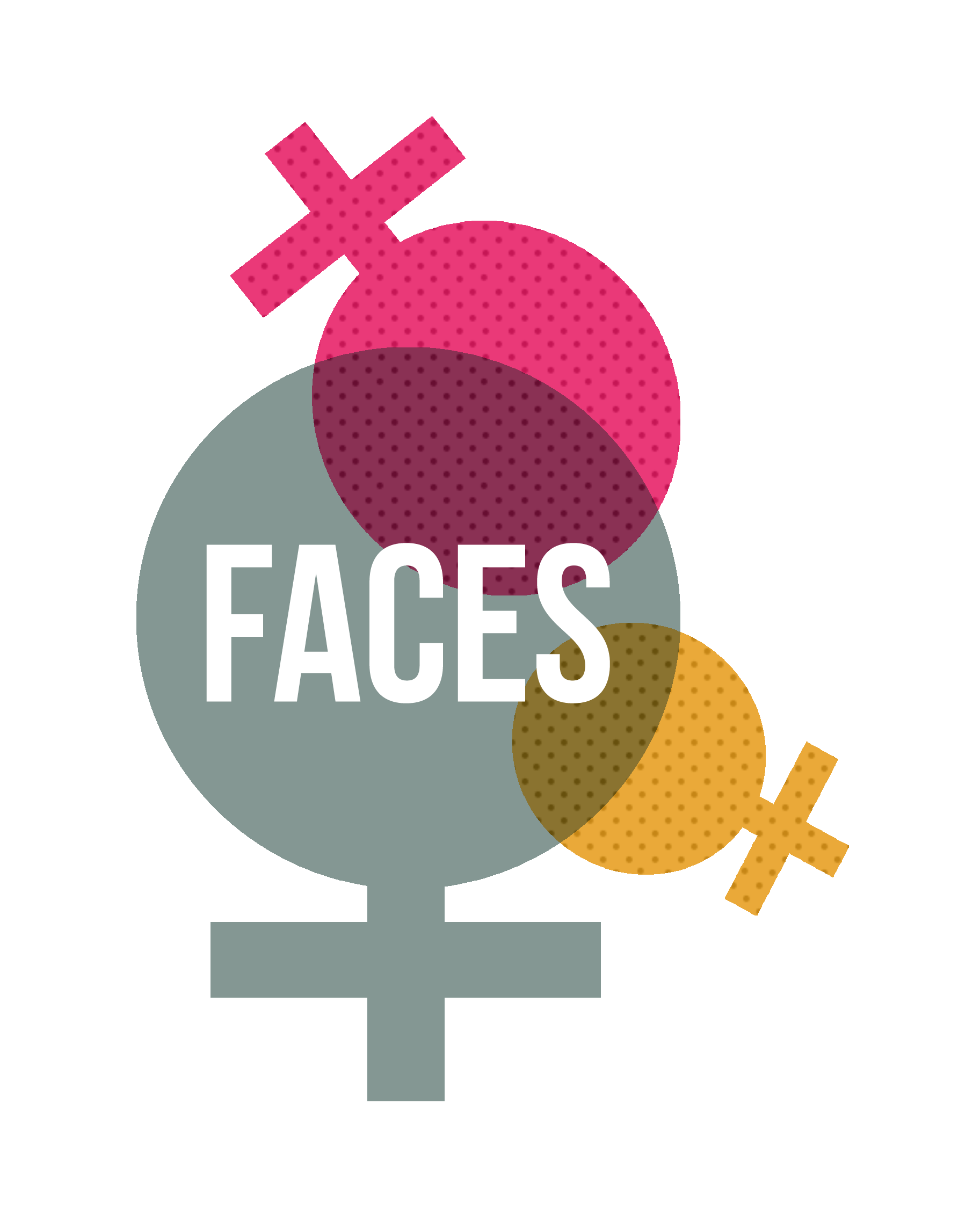
While true allergies to alcohol are rare, it is possible to have an allergy or sensitivity to specific ingredients in beer, such as grains, chemicals, or preservatives. These allergies or sensitivities can cause a range of symptoms, including sneezing, wheezing, hives, nausea, vomiting, diarrhea, abdominal pain, and in rare cases, even anaphylaxis. Drinking beer can indeed cause sneezing, sneezing after drinking alcohol a phenomenon sometimes referred to as beer sneezes. While it may be more common than you think, there is little scientific research on the exact number of people affected.

Plant-Derived Allergens
Quercetin is a plant pigment that has been shown to cause sneezing in some people. If you might have an marijuana addiction intolerance instead of an allergy, you could see a gastroenterologist, a healthcare provider specializing in digestive issues.
What’s the deal with wine sneezes?

In either case, the result is less acetaldehyde being broken down into acetate. An alcohol allergy is when your body reacts to alcohol as if it’s a harmful intruder and makes antibodies that try to fight it off. Alcohol allergies are rare, but if you do have one, it doesn’t take much to trigger a reaction. In some cases, sneezing after beer consumption might indicate an underlying health condition such as alcohol intolerance or an immune system disorder. If the symptoms persist or worsen, it’s advisable to consult a healthcare professional. Beer can contain allergens such as barley, wheat, hops, yeast, and sometimes even fruits or spices used in flavored beers.
- A small 2014 study of Chinese people with a beer allergy found that sensitivity to sorghum or sorghum malt was the most common cause.
- Watch that glass of red wine or hoppy beer if you have food allergies.
- If you’re looking for a way to prevent sneezing when you drink, try making your cocktails with fresh fruit juices instead of using pre-made mixes.
- It is possible for an allergic reaction to beer to worsen with repeated exposure, especially if the immune system becomes increasingly sensitized to certain ingredients.
- If you’re allergic to wine, you may notice that you sneeze more after drinking it.
When to see a doctor
- Wines and home-brewed beers may contain sodium metabisulphite or sulfur dioxide.
- Beer allergies are rare, but they can be caused by a reaction to grains, chemicals, or preservatives.
- Red wines typically have higher histamine content than other alcoholic beverages, but beer also contains histamines that can affect susceptible individuals.
- The most common of these compounds are sulfites, which are typically highest in beer, brown liquor, and cider.
- The online discussions on this phenomenon range from catching a closet drinker in the act to a life-threatening allergy situation (please, carry an epi-pen in this case).
Additionally, if you are allergic to a specific grain, you will experience symptoms when consuming other food products containing that allergen, not just beer. The symptoms of alcohol intolerance usually occur immediately after drinking alcohol and can be intense. One of the primary symptoms is facial flushing, where the face quickly turns red and may feel warm due to increased blood flow.

If you find that certain drinks trigger your sneezing, try switching to a different type of alcohol. For example, if wine makes you sneeze, try drinking vodka or gin instead. Likewise, if beer makes you sneeze, try drinking vodka or gin instead. And if cocktails make you sneeze, try making your own with fresh fruit juices instead of pre-made mixes. Spirits such as vodka and gin can also cause sneezing due to the presence of histamines. In addition, some people find that the alcohol in these drinks irritates their nose, leading to sneezing.
- While this may sound like an allergic reaction, these types of reactions to wine or beer actually have more to do with your immune system.
- If you’ve ever experienced swelling of the tongue or throat or trouble breathing after drinking beer, you should stop drinking beer until you’ve seen a doctor.
- Chemicals like sulfites, which are present in beer after fermentation, can also trigger allergic reactions.
- It can also happen in people who have a genetic defect in the aldehyde dehydrogenase 2 (ALDH2) gene.
- The blood vessels around your nasal cavity can expand, making it a bit more difficult to breathe normally.
The most common manifestation or symptoms of intolerance to beer are skin flushing and nasal congestion. This condition is sometimes inaccurately referred to as beer allergy and the only way to prevent beer allergy is to avoid beer altogether. Combining alcohol with certain medications can also lead to similar reactions. Allergic reactions to alcohol can cause symptoms such as difficulty breathing, coughing, a runny nose, or stomach upset.
- While many people are able to metabolize the histamines found in beer, some are sensitive to it.
- Beer also contains histamines which could cause a reaction in some people, including sneezing and stuffy nose after drinking.
- Of course, digestive trouble is a leading symptom of many health conditions, so you’ll want to consult your doc before diagnosing yourself with, say, a tequila allergy.
- Intolerance to alcohol is a genetic condition where the body cannot effectively break down or metabolize alcohol.
- A food (or drink) intolerance is different from a food allergy in that intolerance is not mediated by the the immune system protein IgE.
- Alcohol can trigger asthma attacks in patients who have previously been diagnosed with asthma.
It is important to note that a food allergy is the immune system’s response to a food protein that the body perceives as harmful. In contrast, a food intolerance or sensitivity, which is more common, involves the digestive system and typically presents less https://ecosoberhouse.com/ severe symptoms, such as digestive problems. Additionally, people with alcohol intolerance, a genetic condition affecting the body’s ability to break down alcohol, may experience sneezing and nasal congestion after drinking beer. This is due to the accumulation of byproducts that trigger a mild allergic reaction. Beer allergy may be a form of alcohol intolerance that can cause unpleasant reactions immediately after consuming the drink. Intolerance to alcohol is a genetic condition where the body cannot effectively break down or metabolize alcohol.

No responses yet